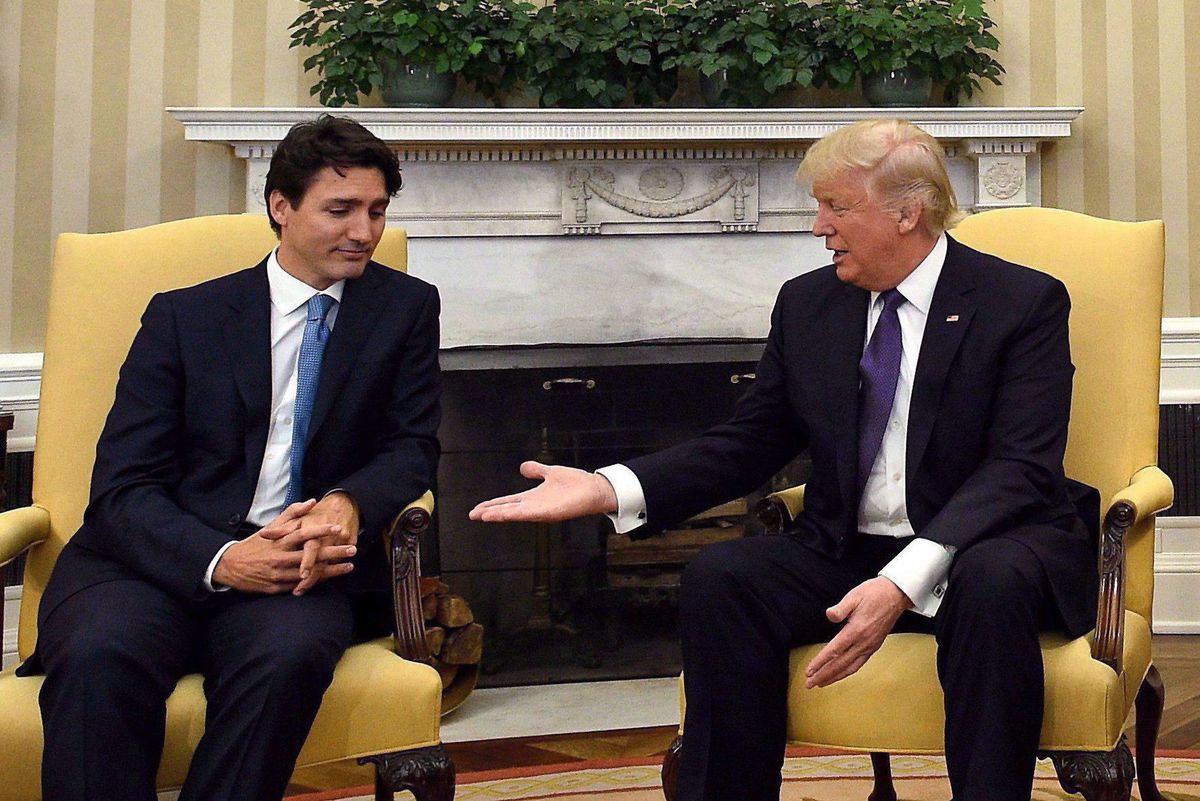One of the big public policy issues Canada is wrestling with is whether, and on what conditions, NAFTA can be renewed. Unfortunately, the political class seems more intent on whipping up emotion around the topic than helping Canadians to come to grips with the real issues and how we might turn this mess to Canada’s advantage. In order to fill this gap, Sean Speer and I co-wrote three op-eds (and Frank Buckley joined us on the first one) hoping to illuminate for Canadians some of the stakes, the realistic options and where Canada’s interests truly lie in these negotiations. In retrospect I see that the summary of our argument is that the NAFTA negotiations are like any dispute in a long-term relationship, like a marriage. There are three lessons to be learned:
- Get to understand what the other person wants. It’s not all about you!
- Look inward to find where you might have contributed to envenoming the dispute. You might think all the fault lies elsewhere, but usually responsibility is shared.
- Before your roving eye draws you to another potential partner, be sure you really understand how much you have invested in your existing relationship and how hard it would be to replace.
Sean, Frank and I applied Lesson One in the Globe on 3 July 2018 in which the three of us laid out what the Trump administration wants and how their world view is an important break from many of the assumptions of recent decades. The fact that Trump may come up with the wrong answers to the questions that exercise him does not mean he is wrong to ask them. There is also a video version of this piece on the page.
Then Sean and I applied Lesson Two in a 6 July 2018 piece for Macleans’ magazine where we reviewed the many ways that Ottawa has antagonised the Trump administration while bringing no benefit to Canada. As the current occupant of the White House might have tweeted, “Sad!”
Finally, we applied Lesson Three in a 20 July 2018 Globe op-ed examining the idea that “diversifying” our trade, especially to China, will somehow offer some kind of realistic alternative to our deep economic entanglement with the US. Not bloody likely!



